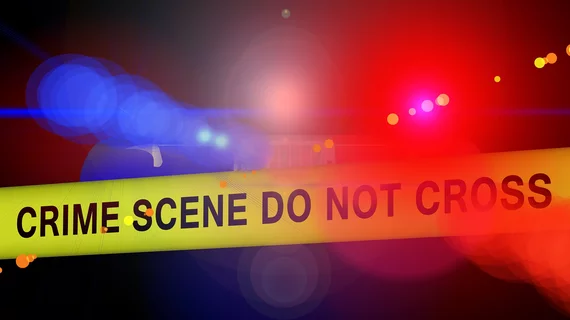Arkansas cardiologist rushes to help victims after fatal shooting
On Thursday, May 12, a fatal shooting occurred outside of a graduation ceremony at Hot Springs World Class High School in Hot Springs, Arkansas. One victim — 39-year-old Michael Jordan — died from his injuries. Three other victims were hospitalized.
Jason Pelton, MD, a cardiologist at CHI St. Vincent Hot Springs, was attending the graduation ceremony with his wife to show support for the students. Once gunfire was heard, however, Pelton rushed to help. He was able to help the shooter’s victims before paramedics had arrived on the scene.
“There were a couple people lying on the ground that I wanted to check on,” Pelton told the Arkansas Democrat Gazette in an interview. “They both had a couple gunshot wounds to their legs, so I tried to help them and then I tried to move on to try to find if there was anybody else that needed assistance.”
The shooting appears to have started after a large fight started across the street from the ceremony. The alleged shooter, 25-year-old Charles Johnson, was eventually arrested. He faces one count of first-degree murder and an additional three counts of first-degree battery, according to officials.
“I'm just glad that none of the students were hurt,” Pelton said in the same interview. “They're real good kids and they didn't deserve to have their moment that they've been looking forward to their whole lives to be tainted like that.”
Read the full story from the Arkansas Democrat Gazette at the link below:

